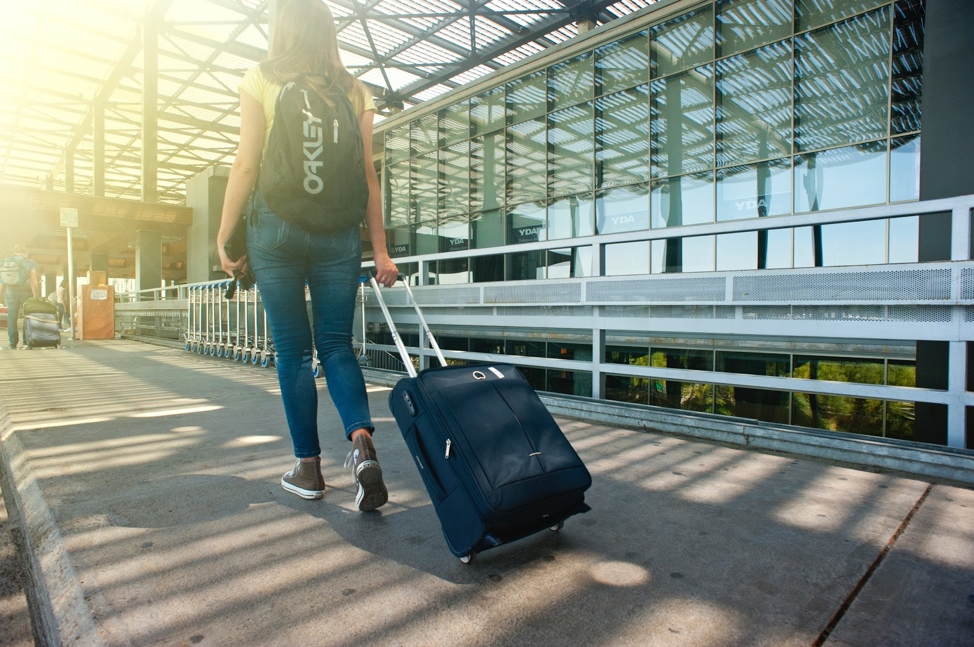5 Pre-Arrival Resources for International Students

Pre-Arrival Checklist
As an international student, getting your U.S. visa is a huge step toward your goal of traveling to the U.S. for university study. You are nearly there, but we recommend these five important tips as part of your pre-arrival checklist. With these pre-arrival resources, you will be ready to travel to the U.S. like a pro.
1. Contact your university’s international office staff
For incoming students, your school’s international student office is the first place to contact about documents, bills and other forms required before you arrive on campus. Our colleagues at U.S. News Education talk about the importance of maintaining close contact with your university in the weeks leading up to arrival and orientation.
Over the past few years, many U.S. universities and colleges have improved their pre-departure information for students through a combination of emails, pre-recorded webinars, and live chats. Of course, check your email for any school requests for documents and forms needed before your arrival.
2. Bookmark U.S. Customs’ required documents
By now, you realize the most significant step to realizing your study abroad dream in the United States is the last one: immigration control. When you land in the U.S., you should be ready to navigate the arrivals hall at the airport. Before you arrive, make sure to review the U.S. Department of Homeland Security’s useful Study in the States site, in particular, the Preparing For Your Trip to the United States page.
With this key pre-arrival resource, the team at U.S. Customs and Border Patrol outline all the relevant documents (and where to keep them) as you travel to the United States. The best advice recommends that you carry with you on the plane the most essential items you will need:
• academic transcripts
• passport
• I-20
• SEVIS Fee receipt
• admission letter
• financial documents
• contact information for the international student office at your college
• prescriptions for any medicines you take
3. Sign up for a pre-departure orientation
Many U.S. colleges hold in-country pre-departure orientations. For example, Ohio State University recently held four sessions across China for incoming students. Meanwhile, Northwestern University held three sessions in China, two in India and one in Korea this June.
Alternately, other U.S. universities often have alumni from your country host receptions for incoming international students. Not only will you get the pre-arrival information you need, but you will meet other students like you going to the same university.
4. Consult your local pre-departure experts
While your U.S. college can tell you everything you need to know about what to bring for your studies, how to get to campus and what to do once you arrive, others closer to you can assist you in getting ready mentally for your journey.
The U.S. Department of State’s EducationUSA network of over 400 advising centers in 170+ countries provides pre-departure workshops for international students preparing for U.S. arrival. These meetings may attract between 20 and 300 people like you getting ready to travel and are a great way to build a network of new friends and contacts.
5. Connect with fellow students and family
Your friends and family are perhaps the most significant resource for advice about traveling to the U.S. Connect with relatives, friends or classmates who have traveled to the U.S. recently about their experience. They might have good tips and insights on how to make your travel to the U.S. go more smoothly.
Have more questions about how to prepare for your arrival in the U.S.?Contact a U.S. News Global Education advisor.